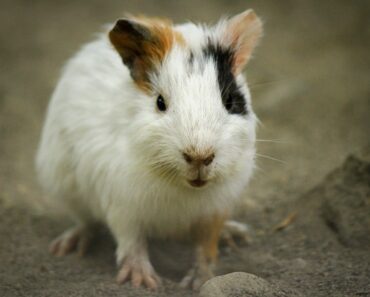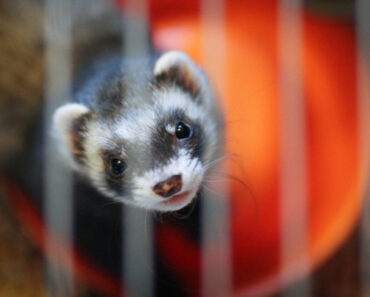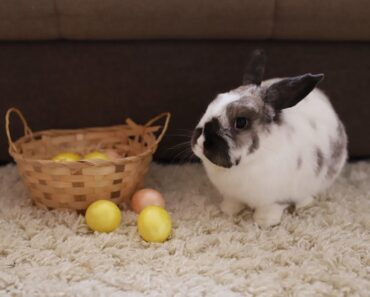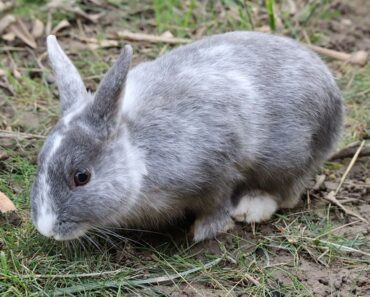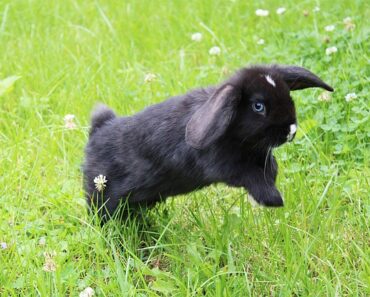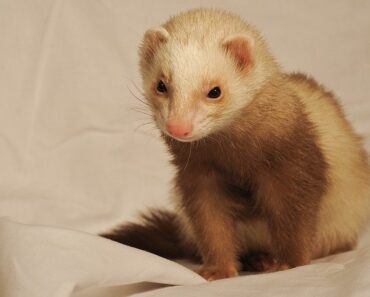A gerbil is an animal that belongs to the rodent family. But, unlike many of its fellow rodents, it is an omnivore. The diet of a gerbil must therefore follow some very specific rules to keep it healthy.

What are the energy requirements for a gerbil?
As it is an omnivorous animal, the gerbil must imperatively be fed from animal and vegetable sources, in particular for proteins which represent 20% of its daily energy needs.
In addition to this, a large proportion of carbohydrates, essential for its intestinal transit, all kinds of amino acids, minerals and also lipids must be added. A rich, balanced diet, which must also respect a few simple principles such as: feeding her with small portions, favoring foods low in fiber and favoring foods rich in starch
Pellets: the basis of her diet
In concrete terms, to cover all these needs, the most interesting food is pellets. Specially composed to meet the nutritional deficiencies of this small rodent, it allows you to totally manage its diet. But this does not mean that you should overload your gerbil’s meals. For one day, the gerbil does not need more than 8 grams of granules. It’s also a good idea to moisten the pellets a bit before giving them to your gerbil to make them easier to absorb in the stomach.
Other food sources
For a change from pellets, it is also possible to offer your gerbil other foods such as fruits and vegetables. However, be careful when introducing this new food source into your little rodent’s diet. You’ll need to introduce it gradually, with very small portions, or your pet may develop life-threatening diarrhea.
It is also possible to give your gerbil a bit of cereal, but this must remain occasional. Just as with a human, a gerbil will tolerate certain types of food better than others. Therefore, rice, bulgur and other carbohydrate sources should be introduced sparingly and your gerbil’s stool should be checked after eating.
Gerbil stool: the most economical food?
Speaking of stool, you should know that the gerbil is a coprophagous animal like the hamster or the guinea pig. This means that the gerbil feeds, in part, on its excrement in which it finds a non-negligible source of vitamin B. The second passage in the stomach allows the gerbil to better digest this type of nutrient.
In short, the gerbil must eat everything, but in minute quantities. There is no point in overfeeding your gerbil, it could even be very dangerous for its health.

